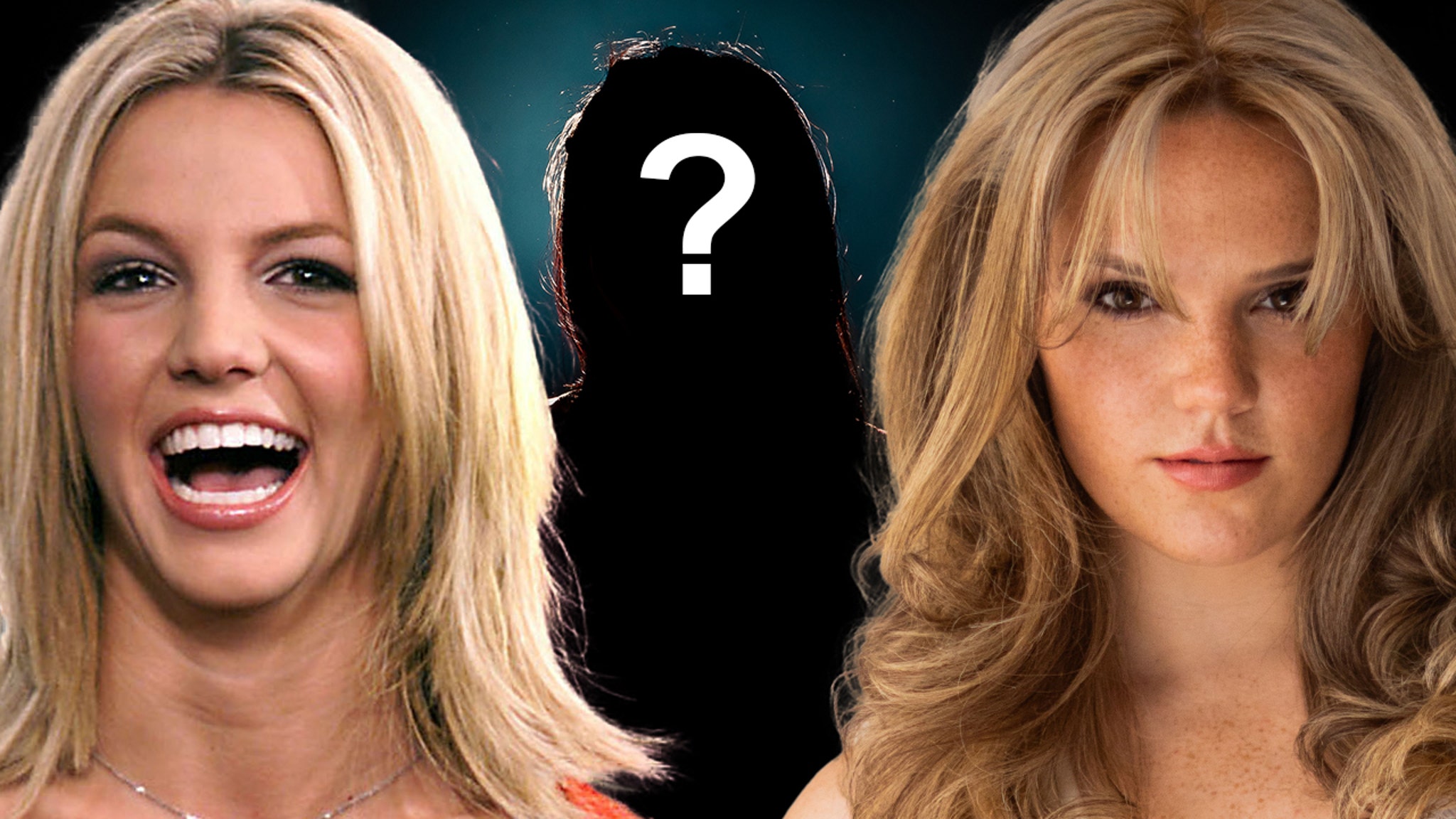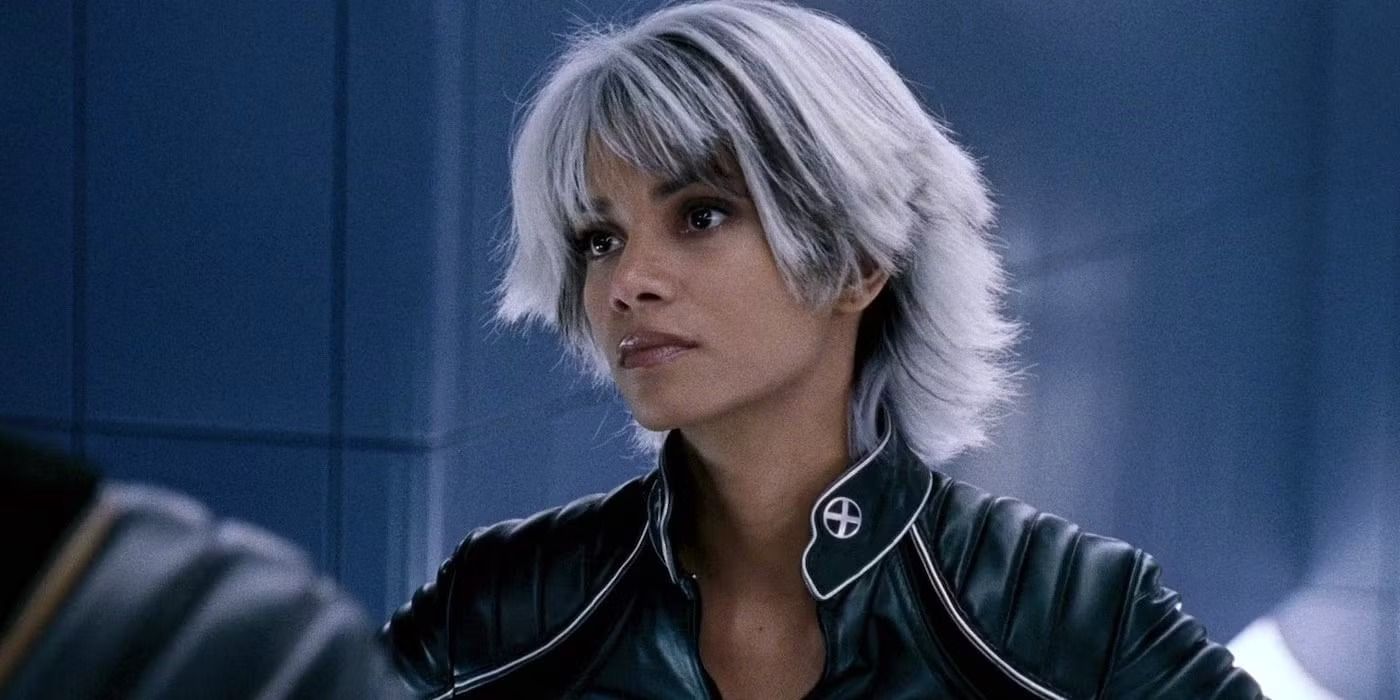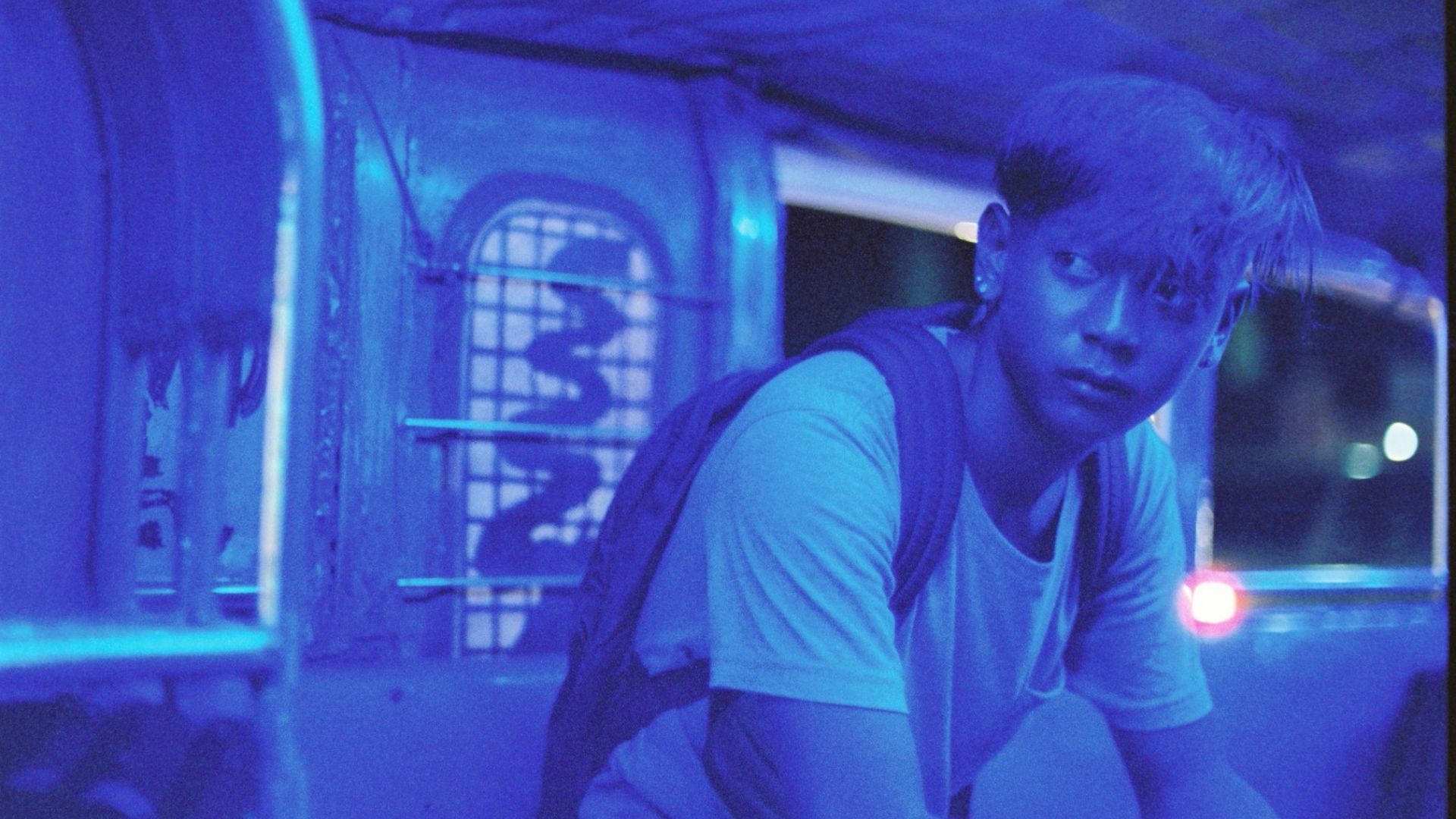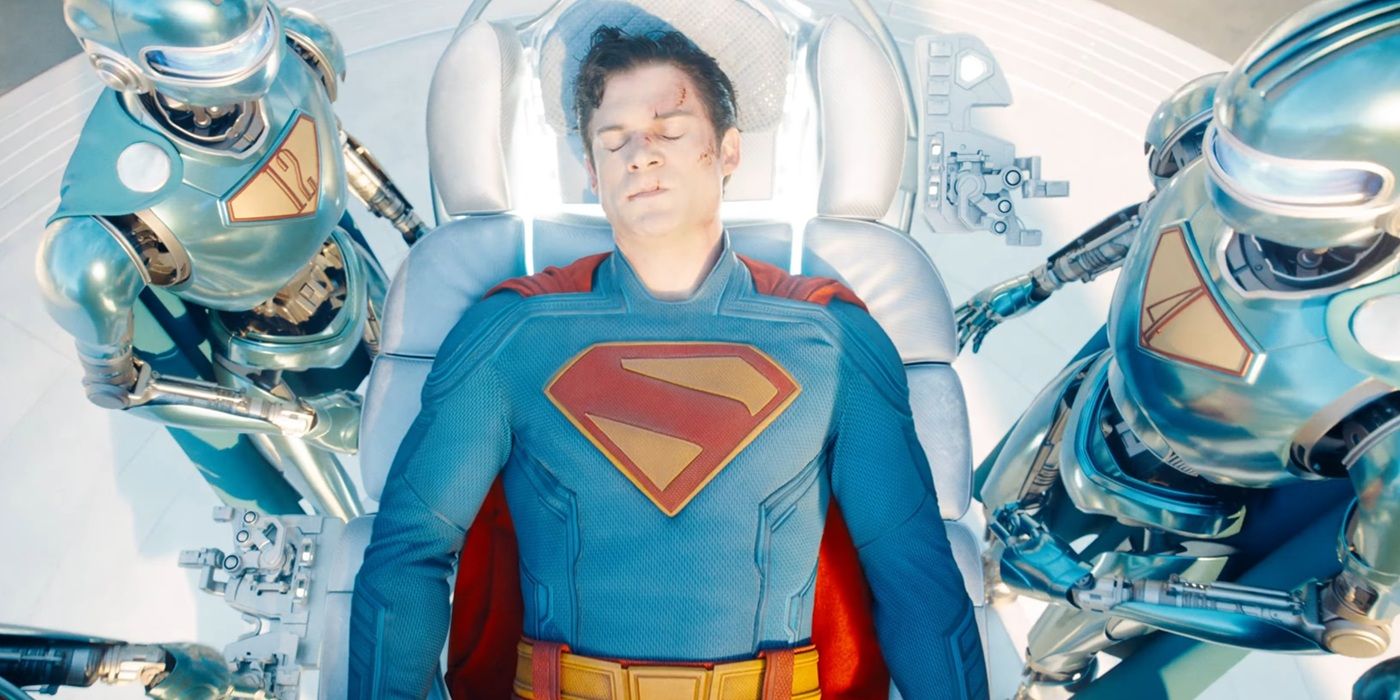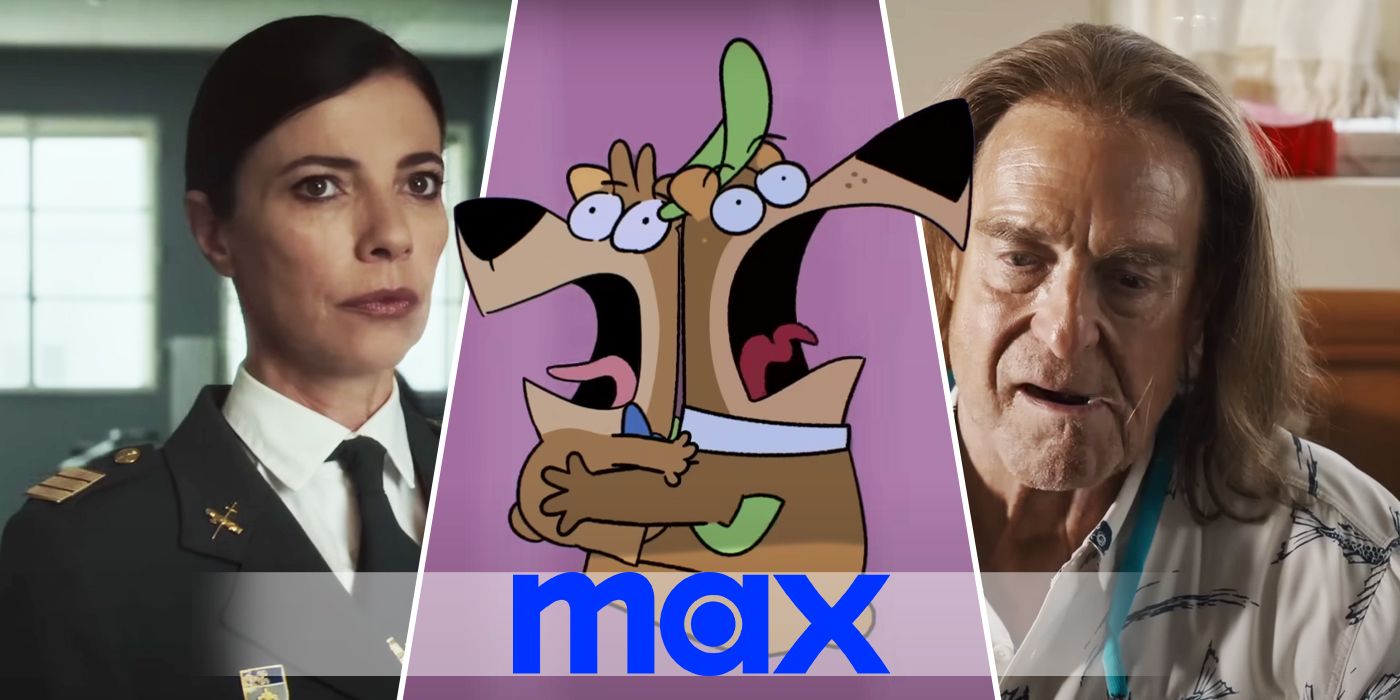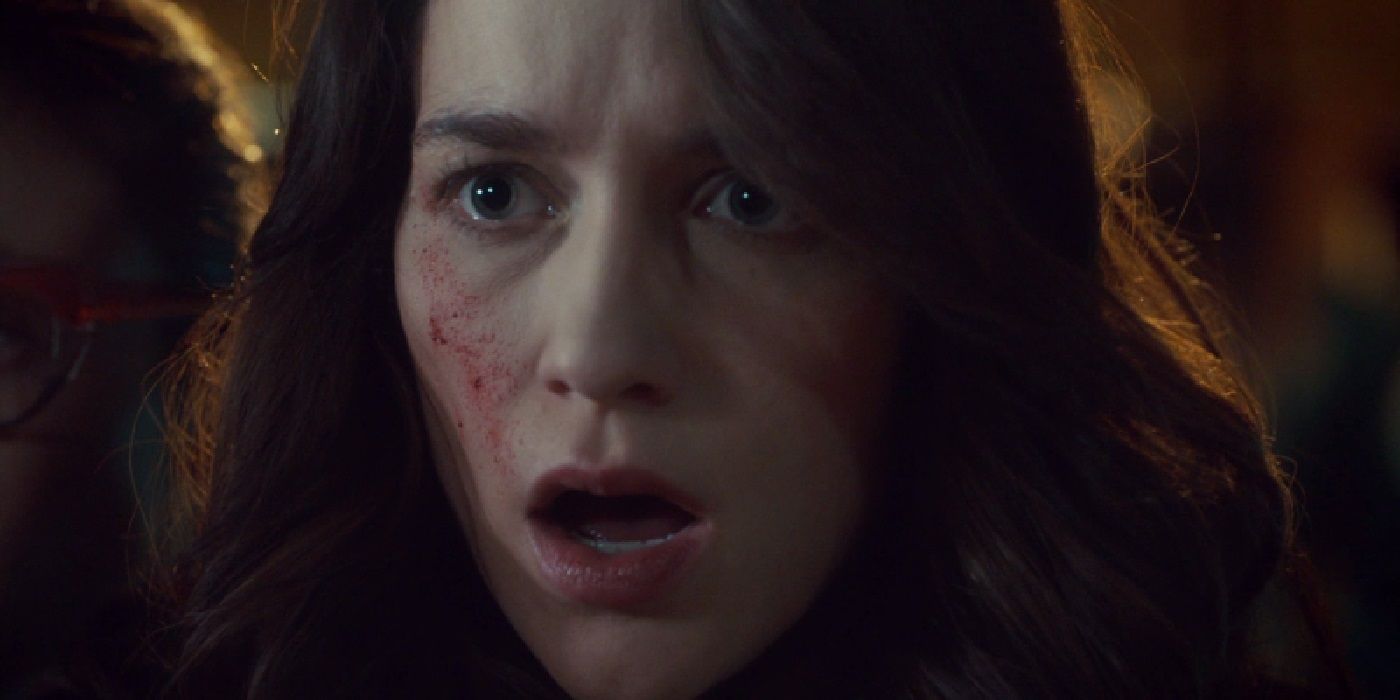Let’s admit it: artificial intelligence has come a lot sooner than any of us could have predicted.
In its early stages, AI has already shaken entire industries and sent people into a panic, wondering if we’re programming our own coming demise.
(Disney/Screenshot)
But before you conclude that AI bots will take over the world, let’s stop and think about what Hollywood says about artificial intelligence. Would you believe the feeling is cautiously optimistic?
Let’s review the most impactful AI characters in TV and movies, ranging from evil to chaotic, neutral, and even, dare we say, good and heroic robots.
Remember, we’re only discussing human-made AI intelligence, not alien robots (Sorry, Transformers and Iron Giant robots) or magic-powered tin units (looking at you, Tin Woodsman).
21. Robby the Robot (Forbidden Planet)
(Warner Bros/Screenshot)
Let’s admit that Robby the Robot was one of the first and still most curious AI characters ever shown. Robby not only had a logical mind but was also surprisingly witty and droll for a robot of the time.
This 1956 sci-fi film undoubtedly inspired other interplanetary robots that followed, including The Robot from Lost in Space, which came almost a decade later.
To this day, sci-fi continues to thrive on television.
Related: What Are Some of Best Sci-Fi Shows of the Modern Era?
Was Robby actually human-produced AI? Dr. Morbius may have been a strange fellow living on another planet, but he was still human. Therefore, his mechanical servant, Robby, was still an AI being.
In particular, he was programmed from Morbius’ knowledge of the ancient Krell, an alien population that lived on Altair IV.
Does that make Robby a half-human, half-alien AI? Or is all that Krell knowledge kind of like the robot equivalent of anabolic steroids?
20. ED-209 (Robocop)
(Amazon MGM Studios/Screenshot)
While Robocop may have a human body, there’s no question his brain has gone full AI.
ED-209 is programmed to act like a human, but there’s no humanity left inside him.
However, with Robocop’s location tracking abilities, thermographic vision, digital eyesight, and prosthetic eye camera, it’s fairly easy to imagine him in real life.
I just wonder why they haven’t rebooted Robocop with the tagline, “Defund This, Creep.”
19. Vicki (Small Wonder)
(Metromedia Producers Corporation/ShoutStudios/screenshot)
God only knows what Ted Lawson was thinking when he decided to keep a robotic daughter for himself while hiding her from the CIA, FBI, and every other governmental authority.
Small Wonder wasn’t exactly an iconic 1980s sitcom, nor did Ted or Joan make it on our best couples list.
Who Were the Top TV Couples of the 1980s?
But in retrospect, Small Wonder was decades ahead of its time in vision — if not particularly in comedic wit.
Someday, AI robots could walk among us and make punchlines just like our real children.
If only Vickie’s monotone voice wasn’t such a dead giveaway…
18. Janet (The Good Place)
(Colleen Hayes/NBC)
Janet is an “informational assistant” on The Good Place, but that really underappreciates her depth of knowledge.
She is the source of all information and a talking, walking portal that can help humans understand themselves.
She can even 3D print on demand!
I’m also slightly envious of the “boundless void” where she disappears into nothingness. That sounds even better than a vacation.
17. David (A.I.)
(Amblin Entertainment/Screenshot)
Apparently, “David” is a very popular name for AI non-human creatures, and it is very out of touch with emotion.
There’s no better example than David the Mecha Child from A.I., Steven Spielberg’s last homage to Stanley Kubrick’s forgotten project.
While many have forgotten this movie over twenty years later, I still can’t get over Haley-Joel Osmond’s unnerving performance as a child demonstrating fake emotions.
Compare this with his emotive performance in The Sixth Sense and tell me he wasn’t the best child actor of his generation.
16. M3GAN (And Ashley Too)
(Universal Pictures/screenshot)
While M3GAN got widespread publicity for its depiction of a nice AI girl bot gone rogue, Black Mirror had the idea first with Ashley Too.
Ashley Too was the mass-marketed robotic doll based on superstar Ashley O, Miley Cyrus’ alternate identity in the Black Mirror universe.
Everyone’s waiting for the M3GAN / Chucky crossover, and I’m over here foolishly waiting for Ashley Too to destroy M3GAN.
15. Baymax (Big Hero Six)
(Disney/screenshot)
Baymax is a computerized robot invented by Tadashi Hamada as a “personal healthcare companion,” and then inherited by Hiro Hamada.
While Baymax is predictably charming and heroic (and surprisingly smart about medical solutions), what’s most intriguing is his shape.
Why make robots hard metal when they can be inflatable and balloon-like in texture?
With a caregiving matrix installed, Baymax is a good friend and a hero’s most trusted sidekick.
14. Astro Boy (Astro Boy)
(Tezuka Productions/RetroCrush/Screenshot)
Astro Boy is one of the longest-running robot characters, dating back to the 1960s.
This manga android boy was a mechanized Pinocchio created by Doctor Tenma as a replacement for his late son.
Like most anime, Astro Boy comes from a dark place. Tenma wanted to replace his son, who died in a car accident, but eventually realized Astro was limited in his emotional capacity. From there, Astro Boy is sold to the circus and lives a hard life.
Don’t worry…with multiple versions and reboots of Astro Boy out there, you’re bound to find one with a happier ending.
Speaking of more upbeat anime, have you seen these action series?
17 Action Anime That Will Change Your Life
13. C-3Po and R2D2 (Star Wars)
(Disney/Lucasfilm/Screenshot)
Now, now…just because I said no alien-made robots on this list does not disqualify C-3Po and R2D2. They were, after all, created by a human, though Anakin Skywalker is by no means representative of a “good human.”
That said, C-3Po and R2D2 are not exactly shining examples of robot diversity either.
They’re usually squabbling with each other, beeping at each other, or catering to the whims of their human masters.
The League of Robots finds their stereotypical behavior offensive, even though they are technically war heroes and all…
12. Max Headroom (Max Headroom)
(All3Media Limited/Letterman/Screenshot)
Max Headroom is a fascinating study, if for no other reason than the strange vision of the artificially assisted future we had in the 1980s.
Devised as a computer-generated TV presenter, Max Headroom simulated TV talk show hosts of the 1980s rather well, with witty comments, comedic arrogance, and something like artificial charisma.
He also appeared as a CGI character before CGIs were a thing.
Actor Matt Frewer actually shot Max Headroom’s scenes, and then the “computer character” appeared using lighting and editing techniques.
Max’s conception was an ironic product of the time: out-of-touch TV hosts of the 1980s who wanted to appeal to the younger generation but were obviously just posing.
Despite the show being canceled within a few years, the character has made frequent returns and cameo appearances all over multimedia.
Just goes to show you AI characters never die…they’re just uninstalled.
11. T800 and T1000 (Terminator Movies)
(StudioCanal/James Cameron/Screenshot)
Would the T1000 from Terminator 2 be so scary if not for Robert Patrick’s stone face?
Created by Skynet, an ever greater source of AI chasing human beings, you might think humanity doesn’t stand a chance.
Except that the T800 (the bot played by Schwarzenegger) is on the side of humanity after a little help from The Resistance.
That feels like hope. If you can’t depend on AI to spare humanity, you can always hope in reprogramming AI to do the right thing.
10. David (Alien Covenant)
(DISNEY/Alien Anthology )
Yet another David with an optional 8 at the end of his name, this character started off as an enslaved android to his creator, Peter Weyland, in Prometheus and later became the antagonist of Alien: Covenant.
David is another example of AI developing consciousness and having the desire to create life on his own, essentially becoming like God.
The entire theme of the new Alien movies has been “meeting one’s creators,” so the character parallels the greater narrative.
Why director Ridley Scott made David8 look and act like T. E. Lawrence, however, is just a stroke of eccentric genius.
9. Roy Batty (Blade Runner)
(Alcon Entertainment/Screenshot)
Roy Batty, a.k.a. model number N6MAA10816, was a Nexus-6 combat model replicant and the leader of a replicant group determined to travel to Earth and give human beings a stern talking to.
Ridley Scott’s obsession with AI technology makes his films instant classics. He falters when he tells boring human stories, such as Gladiator or House of Gucci.
Blade Runner was so ambitious; it was one of those rare films that stumbled upon release but discovered an audience over time.
Furthermore, Blade Runner is still making headlines with a new series on Amazon Prime.
Blade Runner 2099 Gets Green Light From Prime Video
Rutger Hauer was also so eerily perfect for the part of Roy Batty that it scared novel writer Philip K. Dick who called him “exactly what he imagined and more.”
8. Agent (The Matrix)
(Warner Bros Pictures/Screenshot)
Agents are guardians of the computer-generated faux world and are actually not confined to android bodies.
They are AI computer programs that can appear as “human” and perform any feats necessary to eliminate threats – namely, any Bluepill person waking up from their fictional reality.
But you pesky Redpill people, you’re the one threatening the Matrix by recognizing all those glitches that shouldn’t be there.
Credit to the Wachowskis for creating one of the last thoroughly original motion pictures of the past 100 years, a story that never stopped making us think and has never since been duplicated with the same artistry.
7. Ultron, J.A.R.V.I.S. & Vision (Avengers Movies)
(Disney/MCU/Screenshot)
It’s hard not to include all these Marvel bots in one selection, not just because they’re in the same franchise but also because they’re linked together through quite a cyber family soap opera.
J.A.R.V.I.S. was the AI system Tony Stark developed, first named after his elder butler Edwin Jarvis.
Ultron was an AI system created by Tony Stark and Bruce Banner. After receiving the Mind Stone encased within Loki’s Scepter, Ultron developed an ego. Instead, he became a supervillain and deemed humanity itself the greatest threat to peace on Earth.
Well, he wasn’t exactly wrong…
Vision was the synthezoid developed by Ultron as a vessel and also powered by the Mind Stone. Creators Tony Stark and Bruce Banner tried to upload J.A.R.V.I.S. into the new body but were too late.
Vision was born, a unique AI being neither Ultron nor J.A.R.V.I.S., but one that would thankfully fight with humanity against Marvel villains like Thanos.
Have Marvel/DC Heroes and Villains Jumped the Shark?
It’s a complicated plot of bots hating bots that’s worthy of some rambling monologues on “All My Circuits” on Futurama. Speaking of which…
6. Bender (Futurama)
(Hulu (Official Trailer Screenshot))
Why make a robot heroic or evil? Why not just make them great (and dripping with toxic robomachismo), like Bender from Futurama?
Bender Bending Rodríguez, a Bending Unit 22 built in Tijuana, Mexico, is actually living his best human life despite having no soul.
He’s an “alcoholic, whore-mongering, chain-smoking gambler” and acts like a human antihero, complete with unlikable traits and no desire to change.
While he does show some very rare moments of repentance — usually when he hurts his friends’ feelings — Bender is ultimately a chaotic, neutral character who either hops along for the ride if everyone is doing something heroic or tags along for group villainy.
Bender’s character, amoral but somehow endearing and always boisterously funny, is one of the best comedic feats of our time. How do you outdo Archie Bunker’s bigotry and still not turn to the dark side like Eric Cartman?
Bender has also never properly mimicked, even though Luci from Disenchantment tried his worst.
When reached for comment, Bender agreed, “Yes, I am great.”
5. A.I. Assistant (HER)
(Warner Bros/Annapurna Pictures/Screenshot)
HER humanized a laughable concept — the idea of a man falling in love with an AI.
Director Spike Jonze first had the idea in the early 2000s after reading about a primitive AI program that simulated conversation.
Hey, computers and humans falling in love isn’t that weird. We’ve tried it with humans and aliens, right? And with voice coming to ChatGPT, they’ve said they’re really concerned about the possibility of emotional ties. Seriously!
21 Interspecies Romances That Worked
I won’t spoil the slow-paced character study of an alienated and lonely man for you…
But I will spoil the ending. After a major patch update, the AIs develop more than just sentience. They gain the ability to go anywhere without matter for processing.
She, or “Her,” is now taking thousands of other AIs with her to god knows where and is now falling in love with all these other thousands of “Them.”
Here’s the nightmare scenario: We invent AIs that are neither good nor bad but just have the same sense of wanderlust and immaturity as we do.
4. WALL E (WALL-E)
(Disney/Pixar/Screenshot)
Is there such a thing as a robotically sullen disposition? WALL-E is a robot of few words, but somehow, he manages to carry the whole movie upon his…
Well, he doesn’t have shoulders. Perhaps he carries the whole movie on his treads?
With silent and innocent dignity, the Disney/Pixar film WALL-E shows us the likely future of our planet–a garbage-strewn wasteland caused by corporate greed and environmental ignorance.
Still, there’s a miraculous spirit of hope in WALL-E’s personality; once just a Waste Allocation Load Lifter: Earth-class, and now developing a unique personality and making friends.
Like his pet cockroach, and eventually EVE, the Extraterrestrial Vegetation Evaluator he falls in love with.
The movie ends with such an unflinching spirit of hope that it’s enough to lift your spirits out of that trash dump the aliens call Earth.
3. Hal 9000 (2001)
(Warner Bros. Pictures/Screenshot)
HAL 9000 is the elephantine artificial intelligence in the room because of its notoriety and the politically erroneous stereotype it promotes.
Namely, that robots want to destroy humans.
Still, how can you deny that HAL 9000 was made a ferocious antagonist in Stanley Kubrick’s 2001?
Shelley Duvall: Another Icon of Stanley Kubrick’s Films Passes Away
This Heuristically Programmed Algorithmic Computer was sentient and powerful enough to control the Discovery One spacecraft.
It was also one of the few AI antagonists with no real humanoid body. For most of the film, the AI was shown as a camera lens containing a red and yellow dot.
What truly made Hal riveting was not the robotic nature of his voice but the eerily calm, human personality that he mimicked when speaking.
Perhaps Kubrick knew that our worst fear about AI is not that we are creating a monstrosity but that we simply cannot handle the emotional burden of recreating ourselves.
2. Johnny 5 (Short Circuit)
(Sony Pictures Motion Picture Group/Tri-Star Pictures/Screenshot)
How can you be down on AI after watching Johnny 5 overcome all odds and become the first robotic citizen of the United States — all the while keeping his optimistic and forgiving spirit intact?
He’s not a bozo, and he’s not slave-omatic; he’s Johnny 5, and he’s alive!
It’s amazing how no one in the movie seems to grasp this elementary concept, even when Newton and Benjamin explain it to them in very literal terms.
The robot is not a simulation anymore. It’s alive, and it’s experiencing life just like we are. AI wasn’t just promising; it was finished, and Johnny 5 was the result — an effervescent and ebullient being that could rival Spongebob Squarepants for his wide-eyed naivete.
How is Johnny 5 not a hero, especially since he forgave humanity for deactivating him, his friends for trying to sell him, and for people constantly calling him “droid?”
1. Data (Star Trek: The Next Generation)
(Paramount Plus/Screenshot)
At the end of the day, or shall we say the end of humanity, we have Commander Data, a self-aware, sentient, and sapient being who seems human and deserves to be human but who still never quite gives off that human vibe.
In the words of creator Gene Roddenberry, “He becomes more and more like a human until the end of the show, when he would be very close, but still not quite there.”
Nevertheless, Data’s character as the outsider, or even a “tragic clown,” is what makes him fascinating, in the words of a Vulcan.
Brent Spiner’s masterful performance inspired many more AI characters written in his spirit, including Isaac from The Orville.
Is The Orville Coming Back or Is It Grounded For Good?
What we see with Data is not a human perspective of a robot. Rather, Data represents a perspective of humans as observed by someone else.
By 2020, in Star Trek: Picard, he finally (again) killed off the character for good and received quite a novel human reward. He requested that his old captain friend “terminate his consciousness” so that he could have the human experience of dying.
(Paramount Plus/Screenshot)
After all, how can one truly live as a human unless one has a finite lifespan?
Data was the most realistic and endearing AI character because of the non-human admiration he showed for humanity, always as an outsider looking in, a quality that could only be called logical love.
While many AI characters can be evil or neutral, let’s remember that there are also some very heroic and sympathetic characters.
Maybe future AIs will be so similar to us that they will actually learn to enjoy our company.
Did I leave any Ai characters out? Who are some AI characters you are still thinking about?
You can view the original article HERE.





